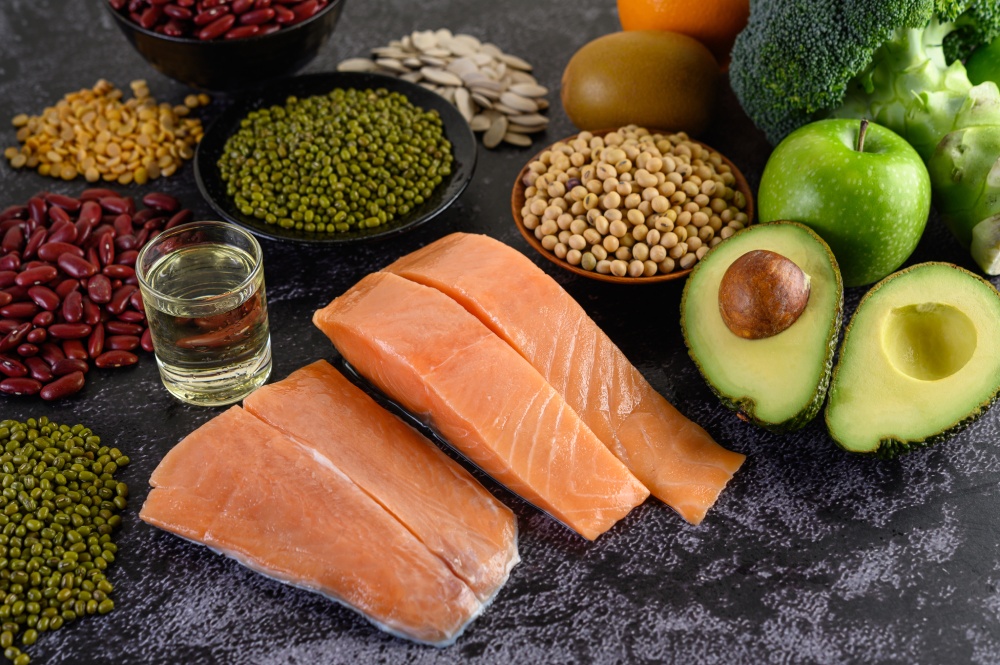The Gut Connection: Your Body's Most Underestimated Superpower
Scientists have now discovered that the gut, nicknamed 'second brain', is intricately linked to virtually every aspect of our wellbeing, from mental health to the immune system.
For generations, the crucial role of gut health was vastly underappreciated in British healthcare. However, groundbreaking research from leading UK institutions has revolutionised our understanding of the gut's influence. This connection is so profound that the NHS has begun incorporating gut health assessments into standard healthcare protocols.








Inside Your Gut: The Remarkable Hidden Universe Within
The gut – stretching from below your stomach to your final point of digestion – is far more than a simple food processor.
Picture this: your gut houses hundreds of millions of neurons – your ‘second brain’ – with more neural connections than your spinal cord, explaining why watching a nail- biting football match can send your stomach into knots. But that’s not all – it’s home to tens of trillions of beneficial microorganisms. These bacteria, viruses, and fungi form your gut microbiome – imagine the biodiversity of the Royal Botanic Gardens at Kew, but on a microscopic scale.
This internal ecosystem needs proper nourishment to thrive. From traditional British fermented foods to modern supplements, every dietary choice shapes this delicate balance that British nutrition experts now recognize as crucial to both our physical and mental wellbeing.

Majority of the current British staple food does not promote gut health
Effects of dysbiosis can be far-reaching
A typical British diet has too many calories, too much saturated fat, sugar, and salt. resulting in dysbiosis (gut imbalance). 56% of calories consumed by older children and adults are from ultra-processed foods (UPFs).
UPFs are foods that have undergone industrial processing and formulation using manufacturing processes that aren’t replicable with homemade food and often involve the addition of additives, preservatives and other artificial ingredients. An unbalanced diet with high proportion of UPFs leads to gut dysbiosis.








Public Health England (PHE) recommends healthy eating through a balanced diet
Most packaged cereals in the UK are ultra-processed. Similarly, most breads are made by highly processed flour and additives. These may be detrimental to the gut health.
A minimum of 30 gms fibre is recommended every day (v/s the current average consumption of 18 gms in the UK). Free sugars (not including naturally occurring sugars in fruit, vegetables, and dairy products) should not constitute more than 5% of daily calorie intake. Our average in UK in twice that of the recommended amount.
The Eatwell Guide gives a visual representation of the types of foods and drinks we should consume
The Eatwell Guide shows indicative amounts of each food group to achieve a healthy, balanced diet. This is a reference guide towards an overall (say weekly) consumption.

Wholegrains: The Missing Link in Britain's Health Revolution
Whole, fibre-rich grains must be a cornerstone of British diets, yet many of us are missing out on these nutritional powerhouses.
Unprocessed and partially processed grains offer an extraordinary wealth of health benefits. These grains, deliver not just vital dietary fibre but also essential vitamins, minerals, and protective antioxidants.

